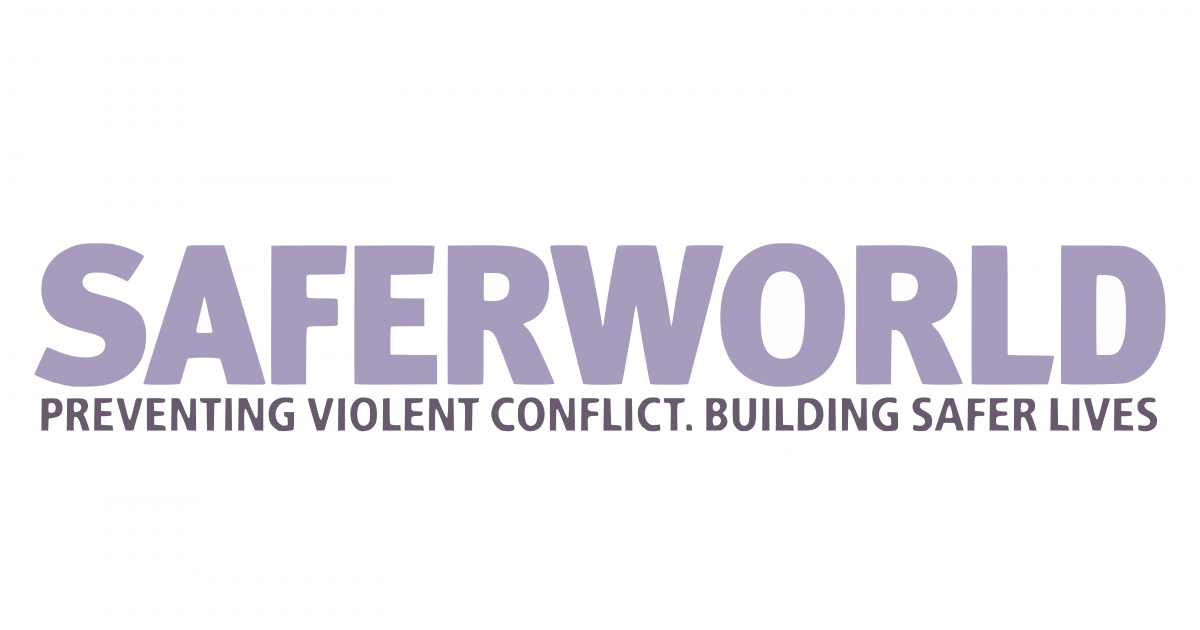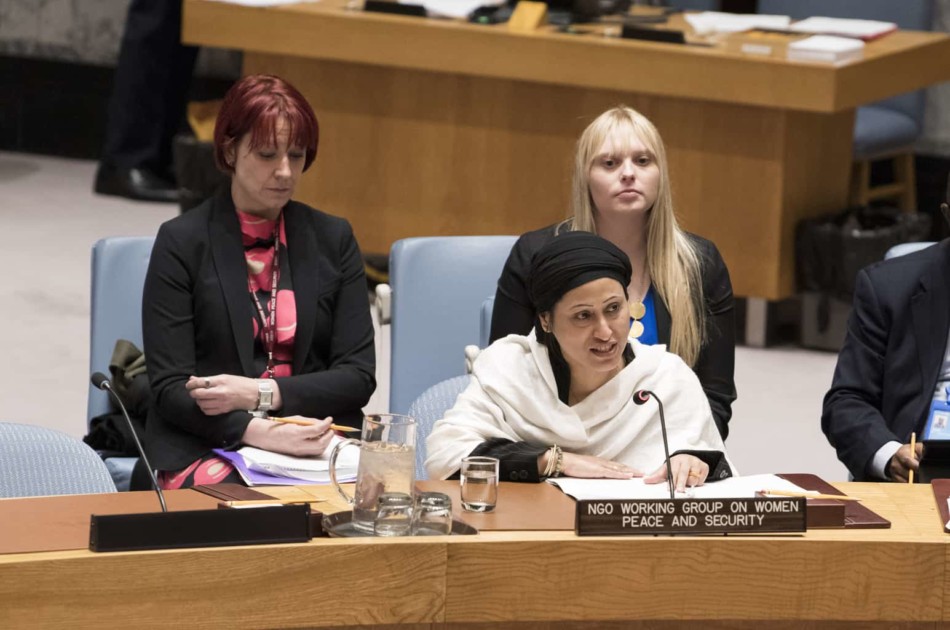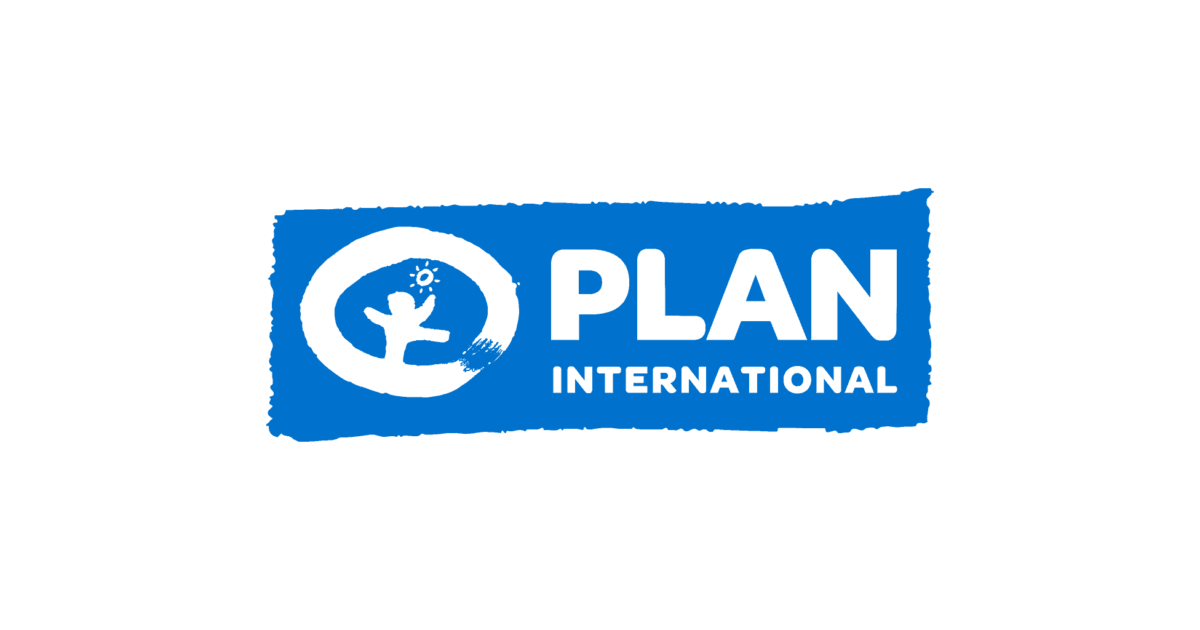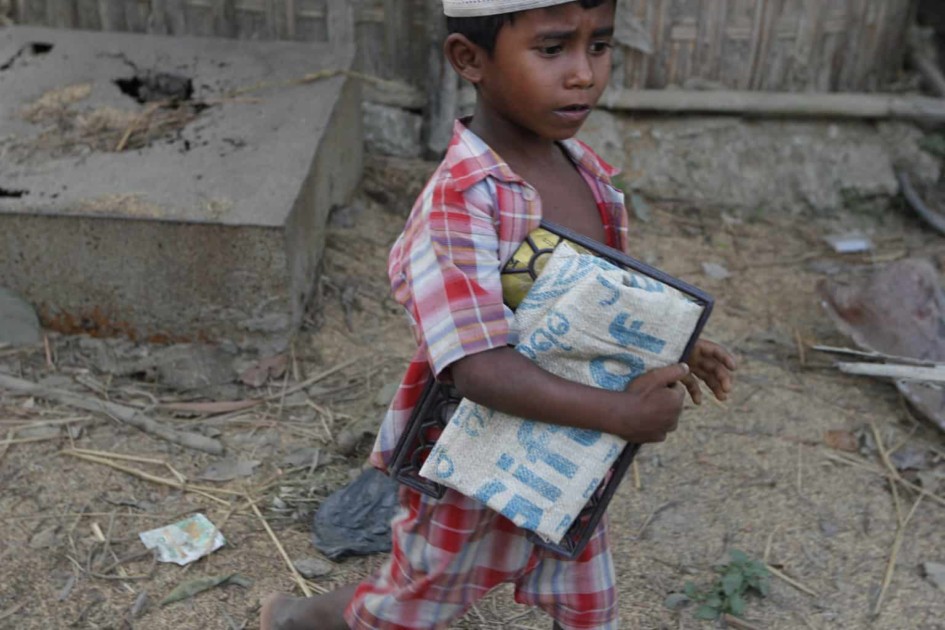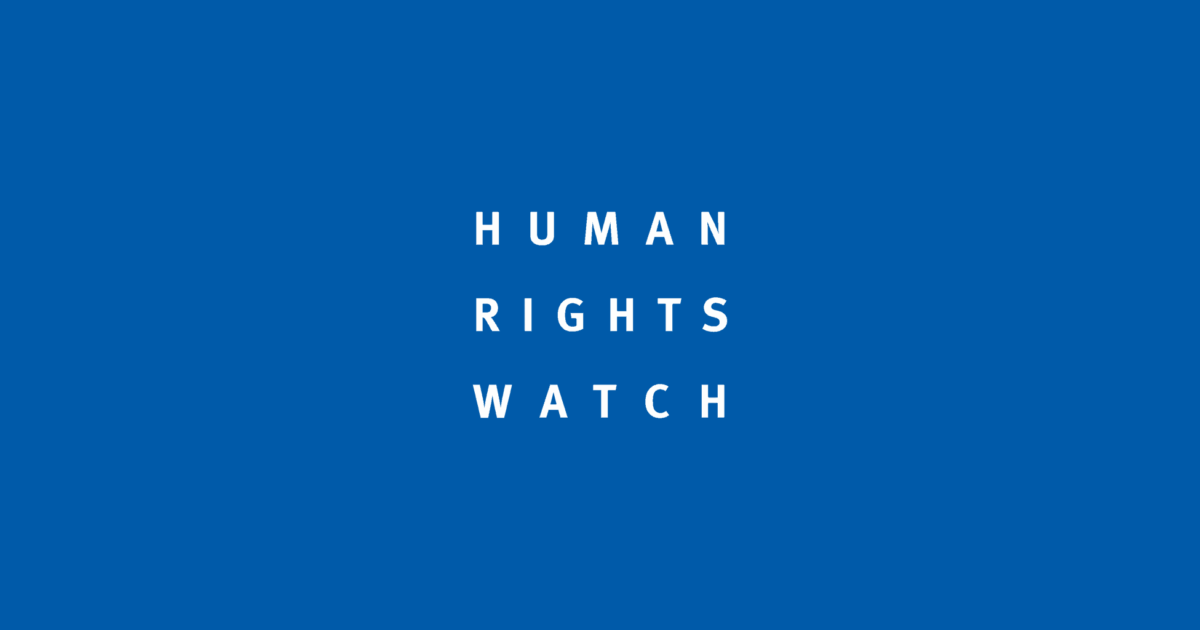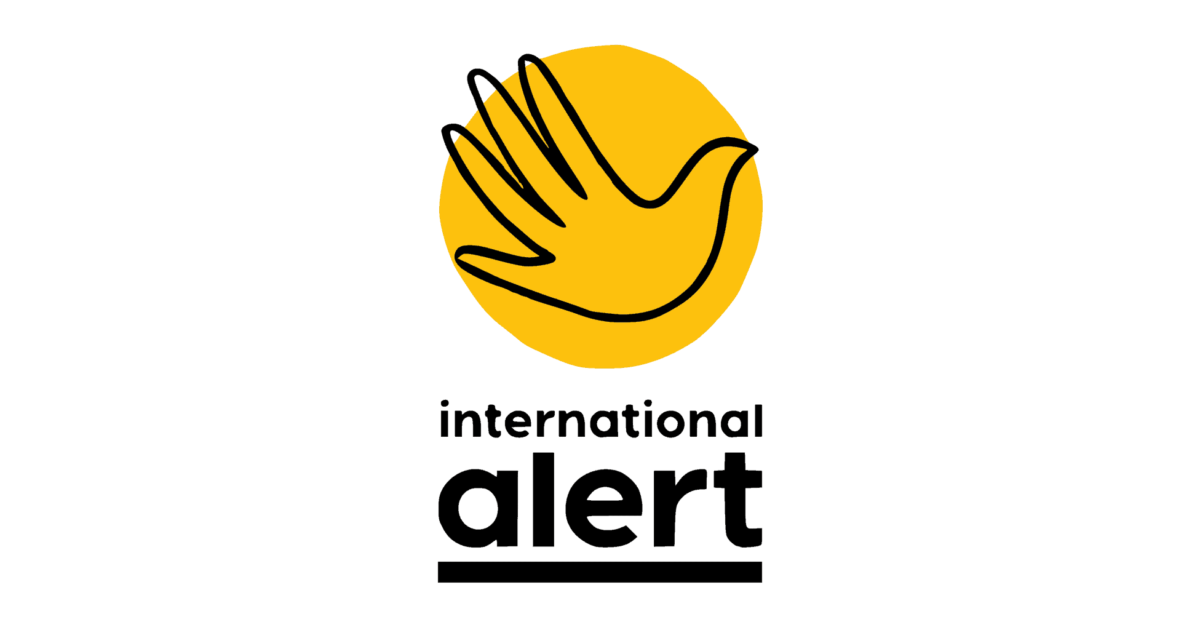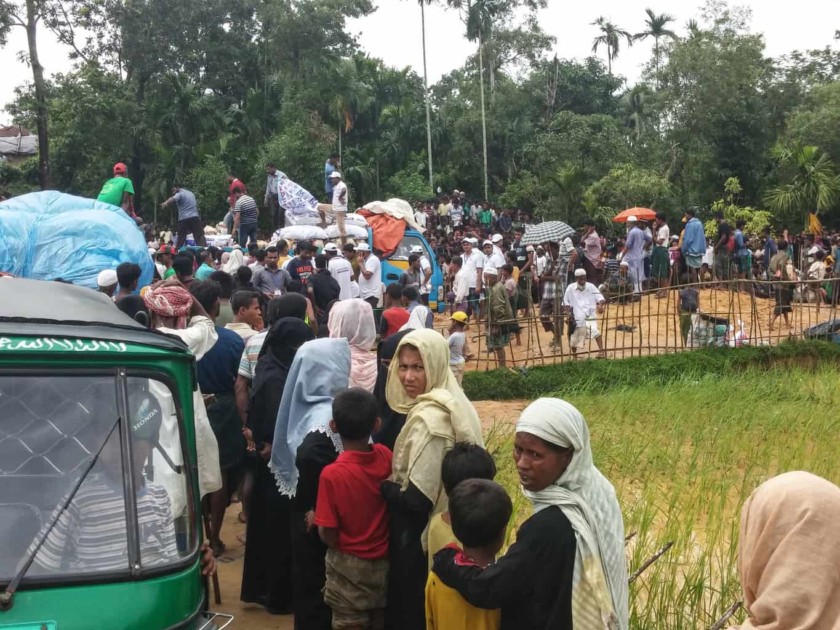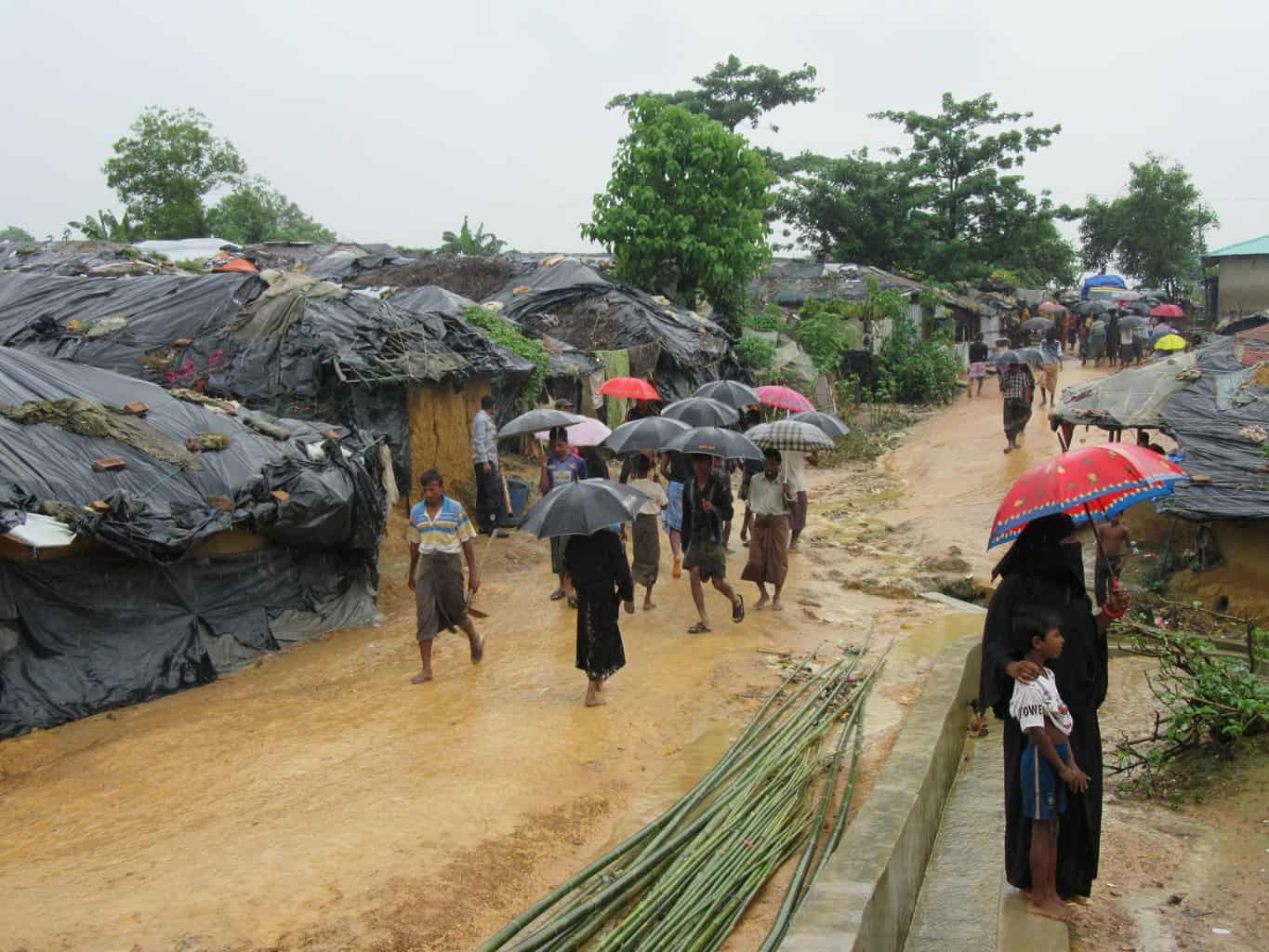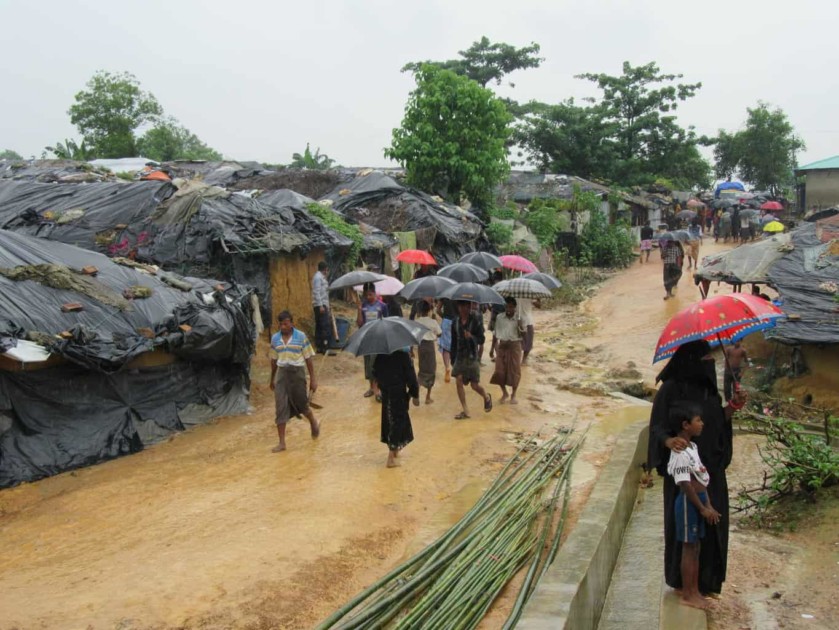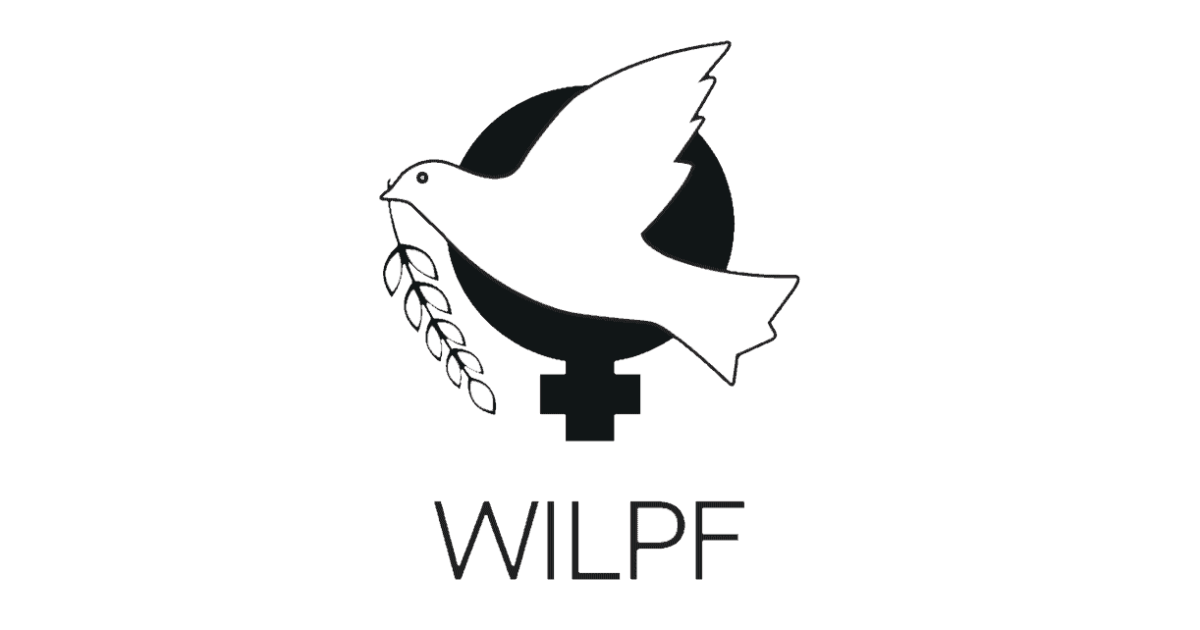Myanmar
Myanmar
Current and Past Recommendations to the UN Security Council (Monthly Action Points)
Two years since the February 2021 military takeover, a human rights, political, socioeconomic and humanitarian crisis continues to impact nearly every facet of life in Myanmar. One in three people in Myanmar are estimated to require humanitarian assistance due to food insecurity and limited or no access to health care, including sexual and reproductive services. Displacement continues unabated, yet administrative restrictions and violence against first responders, including health care workers, hamper humanitarian access and delay the delivery of the most basic of assistance. The situation is further characterized by violations of international humanitarian and human rights law, encompassing both indiscriminate and targeted attacks against protestors, activists, journalists, politicians and human rights defenders, such as arbitrary arrest and detention, extrajudicial torture, rape and deportation or forcible transfer, with women, girls and LGBTQI+ individuals at heightened risk, particularly of all forms of gender-based violence. In the Security Council’s forthcoming discussions on the situation, Council members must:
- Demand the implementation of all provisions of resolution 2669 (2022) and adherence to international humanitarian and human rights law, including through the immediate release of all arbitrarily detained prisoners, cessation of all attacks against civilians, including protestors, activists, human rights defenders and journalists, and civilian structures, and implementation of ASEAN’s Five Point Consensus.
- Call for the immediate cessation of the sale and transfer of arms, ammunition and aviation fuel, that will aid in facilitating violations of international human rights and humanitarian law.
- Refrain from expressing support for any effort to legitimize military control through elections and condemn all such efforts as opposed to the principles at the core of the Charter of the United Nations, as evidenced by the imposition of a new law that undermines the right of voters to freely choose candidates.
- Demand the removal of all barriers to ensure the full, safe, unhindered and sustained humanitarian access to all parts of the country, which requires all armed actors to protect medical and humanitarian personnel and lift bureaucratic and administrative obstacles and other blockages that are preventing the “scaled up humanitarian assistance to all people in need in Myanmar” required by resolution 2669 (2022). Meeting the humanitarian and protection needs of the most marginalized groups, particularly women, children and religious and ethnic minorities, must be prioritized. Aid must be accessible, non-discriminatory and delivered in accordance with humanitarian principles.
Finally, it is critical that diverse perspectives inform all discussions on the situation. Thus, the Security Council must actively engage with diverse civil society, including women and all ethnic minorities, including the Rohingya, and explicitly communicate that this should be a priority to relevant stakeholders including the National Unity Government (NUG), ASEAN, and the Office of the Special Envoy.
Relevant Resources
